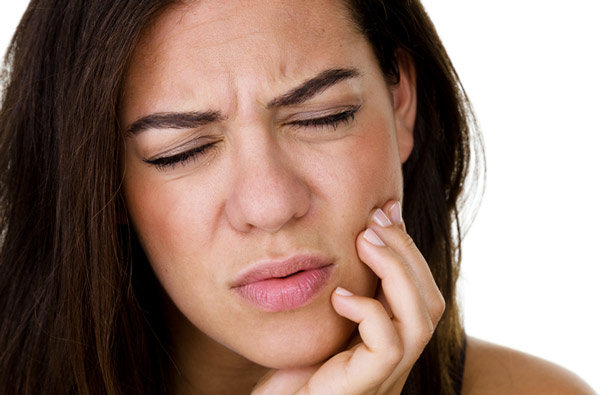TMJ TMD and TMJ are two terms that are often used interchangeably, though TMD is more of a general issue with several muscles and ligaments of the face and jaw, while TMJ focuses more on issues with the jaw. Here at Capital Dental Center, we can help you with TMJ by providing options that help bring back the smooth movement in the jaw and can get your mouth health back to normal. TMD and TMJ are two terms that are often used interchangeably, though TMD is more of a general issue with several muscles and ligaments of the face and jaw, while TMJ focuses more on issues with the jaw. Here at Capital Dental Center, we can help you with TMJ by providing options that help bring back the smooth movement in the jaw and can get your mouth health back to normal. What Are TMD and TMJ?TMD stands for temporomandibular joint disorder and is often used to refer to a cluster of many conditions that happen in the face. These will range and can include ligament, muscle, and joint pain in the jaw and the face. This is a general term that will often have TMJ included, though some forms of TMD are not considered TMJ at all. TMJ is a little more specific and talks about the pain in the jaw joints. TMD is a broad term for all the areas of the face, while TMJ is more about just the joints in the jaw. Many of our patients will come in with jaw pain for many reasons and we will take a look at the jaw and the teeth to determine if TMJ is the main cause for this. What Are the Symptoms of TMJ?There are several different signs and symptoms of TMJ disorder that our patients are likely to see. If there is pain or tenderness of the jaw or an aching pain around the ear, this could be a sign. If you are experiencing aching facial pain, a locking joint, or difficulty when chewing foods, then it is a good idea to come to visit our office and get an examination. What Causes TMJ?The parts of the bone that interact with your temporomandibular joint are covered up with cartilage, which is then separated out with a small disk that is meant to absorb any shock. When everything comes together well, the movement is smooth, and you can enjoy talking and eating without difficulty. Several things can cause TMJ and may make the movement of the jaw less smooth. If the disk moves out of its proper alignment or starts to erode, this may cause TMJ. Arthritis may damage the cartilage of the joint and is a concern as well. A blow or big impact on that area of the jaw can damage the joint as well. Many of the patients we see develop TMJ due to either an impact to the jaw, or from teeth grinding every night over a long-term period. We will take a look at your teeth and the joint to determine what issues are going on. Our professionals will come up with a comprehensive plan on how to help alleviate your issue. TMJ can be difficult to live with and may make simple tasks like chewing more difficult. Our team can help prevent some of the symptoms with the help of mouthguards and other options. If you are interested in seeing what our office can do to help with TMJ, call or text our professionals here at Capital Dental Center today at 202-978-8778. |
Capital Dental Center
|